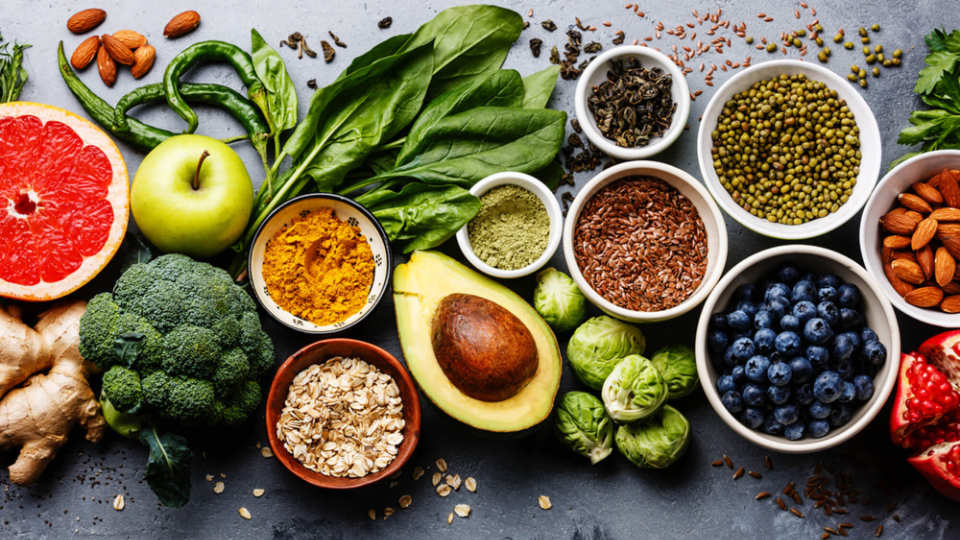How to Maintain Your Immune System Naturally

According to the Harvard School of Medicine, there are “…no scientifically proven direct links between lifestyle and enhanced immune function.” That’s a fancy way to say we are not sure if it’s at all possible to boost, or improve, your immune system through lifestyle changes, such as a healthy diet, regular exercise and/or quitting smoking.
The reason for this seems to be the complex nature of our immune systems and the difficulty in studying the effects of one lifestyle change on that system, although progress in being made. However, Harvard does concede that a healthy lifestyle certainly has no detrimental effect on the immune system and that it may assist in maintaining a healthy immune system, preventing it from becoming compromised.
The primary reason we do not know if we can improve our immune system is due to its complexity. It is a system made up of a variety of immune cells that respond in different ways to different threats. We continually generate new immune cells and there is, as of yet, no way to know the optimum number of cells or the best combination.
The one thing we do know about our immune system is that age, without a doubt, compromises it. As we age, especially after we hit age 60, we become more susceptible to viruses and cancers.
The elderly are more likely to contract infectious diseases, such as influenza, COVID 19, and pneumonia, and more likely to die from them. Scientists suspect that this is due to a decrease in the number of T-cells produced by the thymus or our bone marrow becomes less efficient in producing stem cells which, in turn, produce immune cells.
That being the case, the next obvious question is: If I can’t improve my immune system, how can I maintain it at its current level? Scientists and medical professionals suspect that lifestyle plays a key role in this endeavor. Below is a list of the most common healthy lifestyle choices that can help maintain your immune system.
- Eat plenty of fruits and vegetables.
- Maintain a healthy weight.
- Exercise on a regular basis.
- Do not smoke.
- Drink alcohol only in moderation.
- Get adequate sleep.
- Minimize stress.
- Practice good hygiene.
- Stay up to date on vaccines.
Since this is, primarily, a diet-based blog, let’s focus on the first item on the above list. The elderly are also susceptible to micronutrient malnutrition. Yes, even wealthy individuals can fall victim to malnutrition as the elderly tend to eat less and limit the variety of the foods they do eat. This can lead to a serious dearth of key vitamins and trace minerals. Below is a list of the most common missing key vitamins and minerals among the elderly and good sources of them.
- Zinc…shellfish (oysters, crab, mussels and shrimp), legumes (beans, chickpeas and lentils), seeds (pumpkin, sesame, and squash), nuts (cashews, almonds, and peanuts).
- Selenium…Brazil nuts, fish (yellowfin tuna, sardines and halibut), lean pork, turkey and chicken.
- Iron…shellfish (clams, oysters, and mussels), spinach, liver, legumes (lentils, soybeans and beans).
- Copper…liver, oysters, spirulina, shiitake mushrooms, nuts (almonds and cashews).
- Folic acid…eggs, leafy greens, broccoli, beets, citrus fruits (oranges, limes, lemons, and nectarines).
- Vitamin A…liver, fish (bluefin tuna, mackerel, and salmon), goat cheese, cod liver oil.
- Vitamin B6…milk, fish (salmon, yellowfin and albacore tuna), eggs, carrots, spinach, sweet potatoes, green peas, bananas.
- Vitamin C…cantaloupe, kiwi fruit, mango, pineapple, strawberries, raspberries, blueberries, and cranberries.
- Vitamin E…nuts (pine, almonds, hazelnuts, and peanuts), avocados, salmon, trout, oils (wheat germ, hazelnut, sunflower, and almond).
In our COVID world, maintaining a healthy immune system is more important than ever and ensuring you make the proper diet and lifestyle choices is the best method to achieve this potentially life saving goal.
You must be logged in to post a comment.